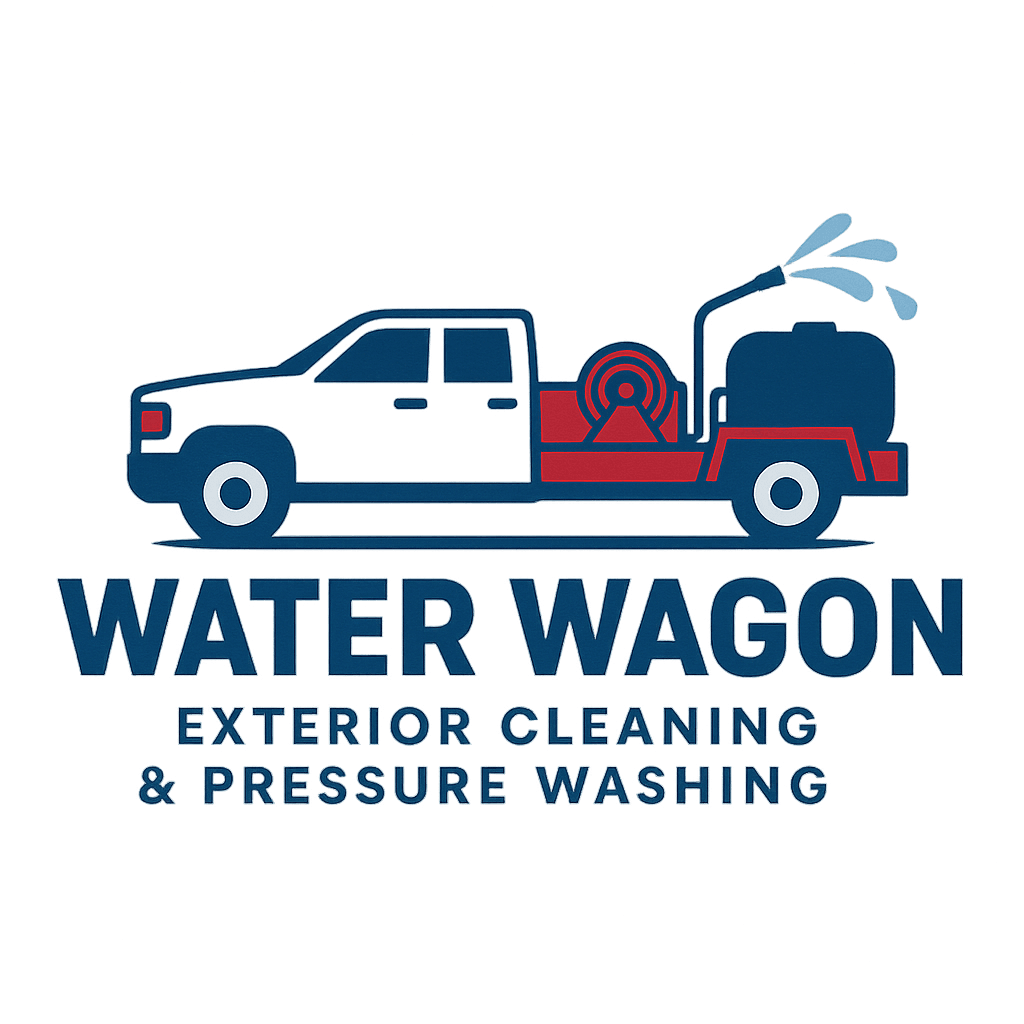Common Myths About Pressure Washing Debunked
Introduction
Pressure washing is a powerful cleaning method that can make surfaces look like new. Despite its effectiveness, several myths persist about its use and safety. In this article, we will debunk some of the most common myths surrounding pressure washing.

Myth 1: Pressure Washing Is Only for Professionals
While it's true that professionals have the expertise and equipment to handle large or delicate jobs, pressure washing is not exclusive to them. Many homeowners successfully use pressure washers for cleaning driveways, decks, and siding. With proper research and safety precautions, you can achieve professional results on your own.
Safety Tips for DIY Pressure Washing
To ensure safety, always wear protective gear such as goggles and gloves. Start with a lower pressure setting to avoid damage, and never point the nozzle at people or pets. Reading the user manual thoroughly can also help prevent accidents.

Myth 2: Pressure Washing Damages Surfaces
Another common misconception is that pressure washing can damage surfaces. While it's possible, it usually occurs when the wrong settings or nozzles are used. Understanding the appropriate pressure levels for different materials is crucial.
Choosing the Right Pressure
For example, wood surfaces require a lower pressure setting compared to concrete. Adjusting the nozzle to the correct angle and distance can also help in preventing surface damage. When done correctly, pressure washing is safe for most surfaces.

Myth 3: Pressure Washing Is Harmful to the Environment
Concerns about environmental impact are valid, but pressure washing can be eco-friendly when done responsibly. Modern pressure washers use less water compared to traditional methods and can effectively clean with just water, reducing the need for harsh chemicals.
Eco-Friendly Practices
- Use biodegradable detergents if necessary.
- Capture and properly dispose of wastewater.
- Avoid washing near storm drains.
Myth 4: All Pressure Washers Are the Same
Not all pressure washers are created equal. They come in various sizes, power levels, and types suited for different tasks. Understanding these differences can help you choose the right equipment for your needs.
Types of Pressure Washers
- Electric Pressure Washers: Ideal for small to medium jobs and residential use.
- Gas Pressure Washers: More powerful, suitable for larger areas and tougher jobs.

Conclusion
Pressure washing is an effective and versatile cleaning method that is accessible to both professionals and homeowners. By debunking these common myths, we hope to provide clarity and confidence for anyone looking to harness the power of pressure washing. Remember, with the right knowledge and precautions, pressure washing can be safe, effective, and environmentally friendly.
